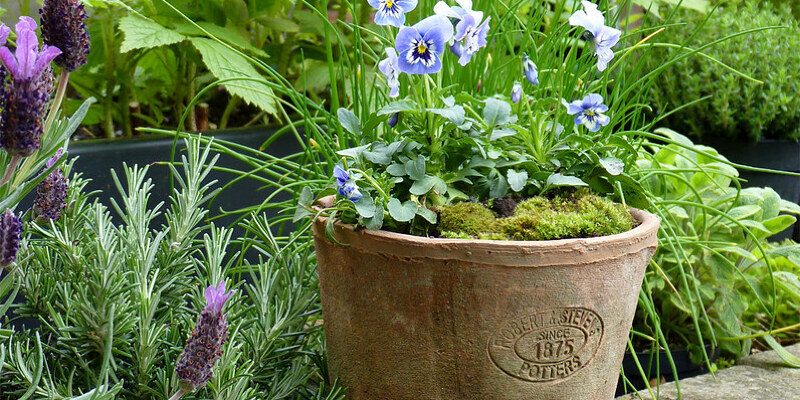
What type of Soil Does a Juniper Bonsai Like?
Several of the 60 species of juniper plants (Juniperus spp.) Grow in U.S. Department of Agriculture plant hardiness zones 4 through 10, although it varies by species. Juniper trees endure a number of growing conditions, which makes them excellent specimens for landscaping and for bonsai culture. Junipers are among the standard bonsai types. These trees will grow in a number of different soil types and have few requirements.
Juniper Soil Preferences
Junipers within their natural habitats endure a number of soils, from rocky to loamy, compacted or grainy. Junipers also thrive in poor soil. The 1 thing junipers cannot bear is wet roots and they won’t thrive in wet soils. Juniper soil must be moist but well-draining, regardless of what the soil type. All this is also the case of juniper bonsai, that needs to be planted in ground with better drainage than standard dirt invented for container development.
Earning Soil vs. Purchasing
Bonsai soil is sold in nurseries and can be formulated specifically for bonsai care. This dirt is perfectly acceptable for a juniper bonsai. If you’re a beginner, you may prefer this option because it is easier than creating your own. Some bonsai enthusiasts prefer to create their very own bonsai soil. A simple bonsai soil mix may be made from 1 part loam, 2 parts sphagnum moss and 2 components granite grit.
Watering
Soil that drains exceptionally well will dry out quickly. Even though junipers won’t tolerate standing water, they do prefer consistent moisture for optimum growth. The plant needs water when the developing medium feels dry to a depth of 1 inch. You can determine whether it is dry for yourself by sticking your finger in the ground. You will know when you have given the bonsai enough water once it pours from the drainage holes and fills the drainage tray. Bonsai containers are flat and frequently hold little moisture. In moderate climates, your juniper should need watering a couple of times each week. During periods of extreme heat and dry winds, then you may need to water your juniper daily or two times a day, depending on the positioning of the plant and its exposure to sunlight. You can mitigate this problem by temporarily transferring your bonsai to some shady place. Bonsai soil should never be allowed to dry out entirely.
Feeding
Juniper bonsai trees need regular light feeding during the growing season because their growing medium won’t hold nutrients. You can meet these needs by fertilizing with water-soluble fertilizer, formulated for container plants or bonsai, every fourteen days. Only fertilize when the bonsai is actively growing.